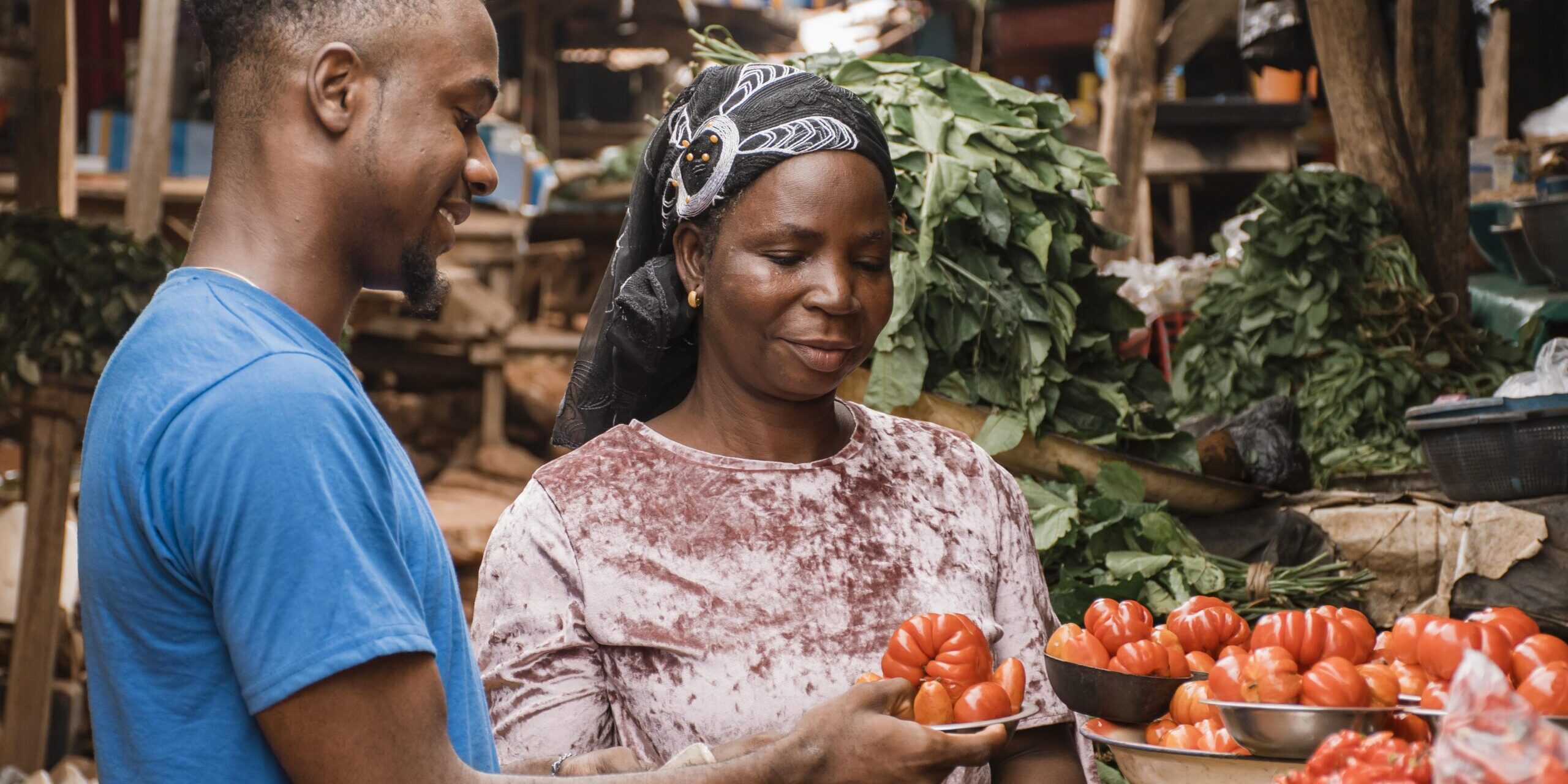The rising cost of a healthy diet and what it means for food security in Ghana
The cost of eating healthy in Ghana is rising faster than many families can manage. In just two years, the average cost of a healthy diet has jumped from ₵11 per person per day in 2023 to ₵18 in 2025, and as high as ₵24 in southern Ghana, according to new estimates shared by Prof. Richmond Nii Okai Aryeetey, Professor of Public Health Nutrition at the University of Ghana.
This means millions of households are being priced out of access to nutritious diets as ultra-processed foods become cheaper and more accessible.
“It costs about 12 cedis per person per day for you to eat a healthy diet according to the Food-Based Dietary Guidelines. In 2023, it was 11 cedis, and our recent study shows that in 2025, it costs an average of 18 cedis and in southern Ghana, about 24 cedis. Is that your reality?”
— Prof. Richmond Aryeetey, GAAS Inaugural Lecture, October 2025
Prof. Aryeetey delivered these insights during his inaugural lecture at the Ghana Academy of Arts and Sciences (GAAS) on the theme “Unpacking the Complexities of Governing Systems for Food Systems and Nutrition: A Game of Thrones?” The lecture unpacked how policy, governance, and economics intertwine to shape what Ghanaians eat and who can afford to eat well.
He explained that fruits, vegetables, and nutrient-rich foods are now among the most expensive items in Ghanaian markets, while cheap, ultra-processed foods often high in sugar, salt, and unhealthy fats dominate the food environment.
This reality is changing the nation’s nutrition profile. Families are increasingly turning to low-cost, calorie-dense diets that fill the stomach but fail to nourish the body — a pattern fueling the rise in overweight, obesity, and diet-related non-communicable diseases (NCDs).
“The food system is contributing to malnutrition in all its forms,” Prof. Aryeetey noted. “While hunger may be reducing, we are witnessing new forms of malnutrition linked to affordability and diet quality.”
Policy Implications and the Way Forward
Prof. Aryeetey called for stronger governance and coordinated policy action to make healthy diets affordable for all Ghanaians. Among his key recommendations were:
-
Integrate affordability tracking into national food system and nutrition plans.
-
Stabilize prices for nutrient-rich foods through targeted subsidies and fair market regulation.
-
Prioritize nutrition-sensitive policies that move beyond food productivity to focus on health and equity.
He emphasized that nutrition must be treated as a political and development priority, not just a health issue.
“We need to demand that the food system work for us,” he urged. “The cost of a healthy diet should not determine who lives a healthy life.”
A Call to Action
As Ghana continues to face rising food prices and widening inequalities in diet quality, this discussion highlights a crucial question:
Can Ghanaians afford to eat healthy — and can the nation afford not to?
–
Next in the Series →
📖 “Governance or Game of Thrones? Who Leads Ghana’s Food System?”— a deep dive into the divided organisations that attempts to fix the broken system but work independently without real collaboration.




